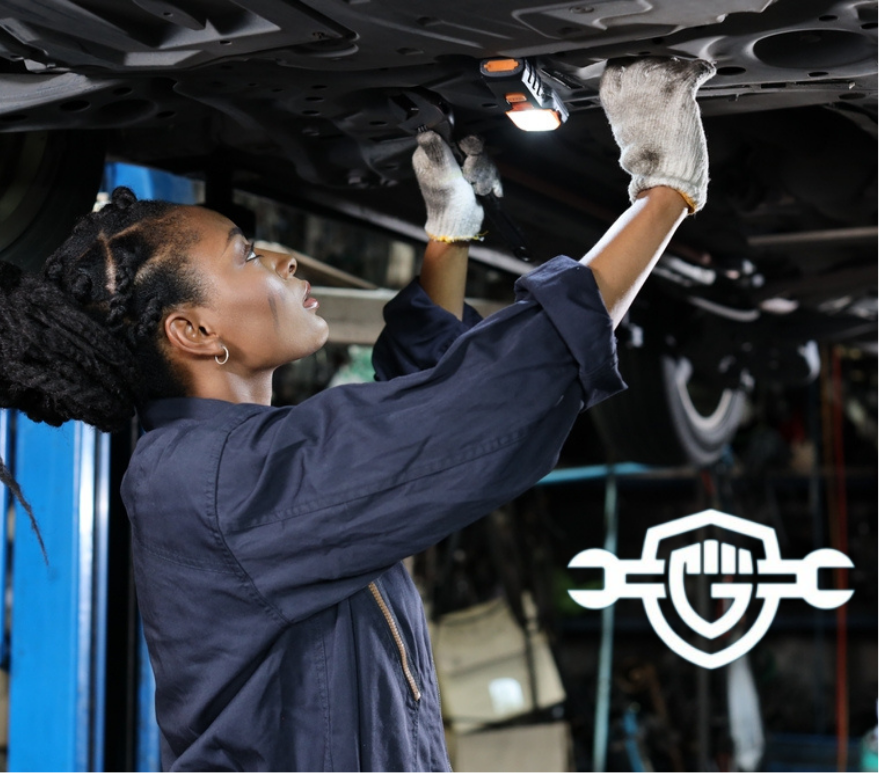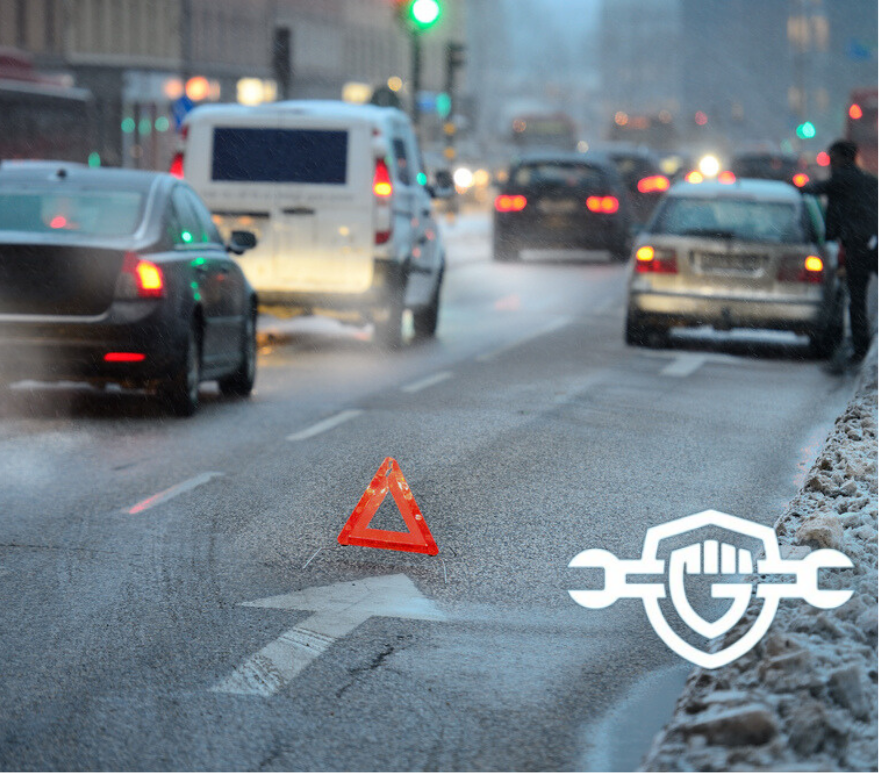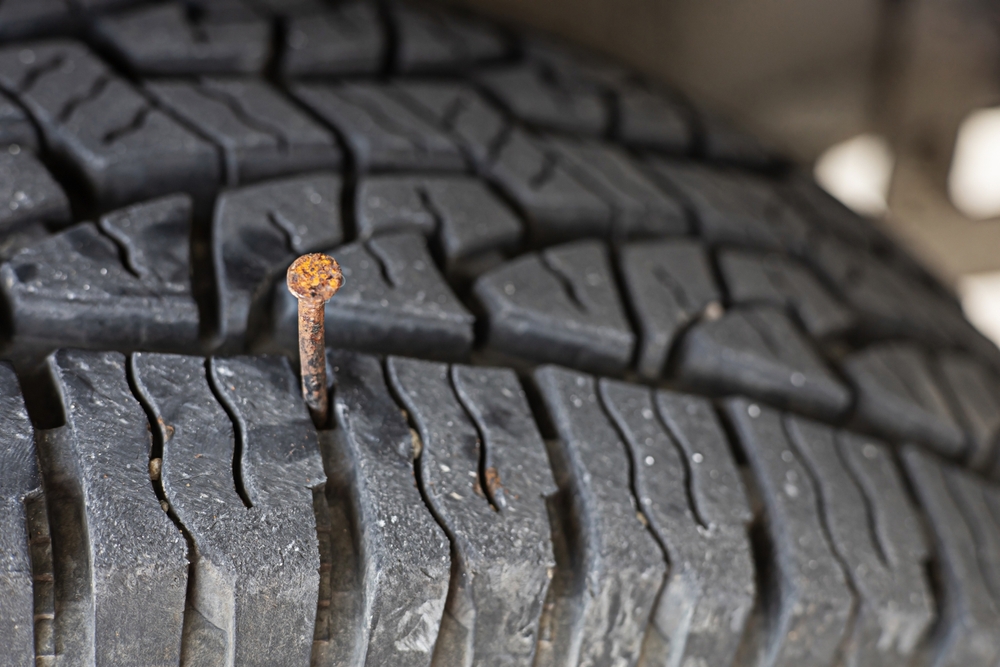Soft or Spongy Brake Pedal: Causes and Solutions
Published on
June 21, 2025

You count on your brakes to work every time you press the pedal, but when the pedal feels soft or spongy, it’s a sign that something’s not right. It might catch you off guard at first: the pedal sinks more than usual, feels like it has no resistance, or even goes nearly to the floor before anything happens. That’s not just annoying, it can be dangerous.
What a Soft or Spongy Brake Pedal Feels Like
A soft or spongy brake pedal feels exactly what it sounds like. Rather than pressing on a firm surface that responds to force, a spongy brake pedal tends to sink without offering any initial resistance, which can make braking more difficult and less safe. In some cases, you might have to press down your brake pedal to the floor to get it to respond.
Why You Shouldn’t Ignore It
When your brake pedal feels soft, your vehicle’s ability to stop safely is already compromised. It’s not something that’ll get better on its own. Letting it go could mean longer stopping distances, poor braking performance in emergencies, and more wear on the whole system.
What Causes a Spongy Brake Pedal?
There are a few common reasons your brake pedal might feel soft:
Air in the Brake Lines
Air bubbles in the hydraulic brake lines prevent pressure from building up the way it should. That’s one of the most common causes of a spongy feel.
Brake Fluid Leaks
If fluid is leaking anywhere in the system, like hoses, calipers, or the master cylinder, it won’t be able to hold pressure. That usually means you’ll have to press the pedal farther to get the brakes to respond.
Worn Brake Pads or Calipers
If your brake pads or calipers are on their last legs, your braking system has to work harder to do the same job, and you’ll feel it at the pedal.
Failing Master Cylinder
This is the part that pushes brake fluid through the system. If it starts to fail, the pedal may feel soft and your brakes may not respond the way they should.
How to Fix It: Solutions That Work
Bleeding the Brake Lines
To resolve this problem, the brakes need to be "bled." That is, fluid is forced through the braking system to release any trapped air.
Replacing Worn or Leaking Parts
If the spongy or soft feel is a hardware issue, then it's important to replace the impacted parts. Replacing worn brake pads, calipers, and rotors can help restore normal braking.
Flushing Old Brake Fluid
Your brakes rely on fluid to operate. However, over time this fluid may become contaminated and impact overall braking performance. A fluid flush can remove any contaminated fluid and replace it with fresh, new fluid to promote proper braking function.
Let Your Local GreatWater 360 Auto Care Shop Get Your Brakes Back to Normal
A soft brake pedal is your car’s way of saying “something’s wrong.” And when it comes to brakes, guessing isn’t a great strategy. If your pedal doesn’t feel quite right, let one of the shops in our GreatWater 360 Auto Care network take a look. We’ll figure out what’s going on, explain the fix, and make sure your brakes are ready for whatever the road throws at you.
Make an appointment today or stop by your local shop. We’re here to keep you safe, one stop at a time.


